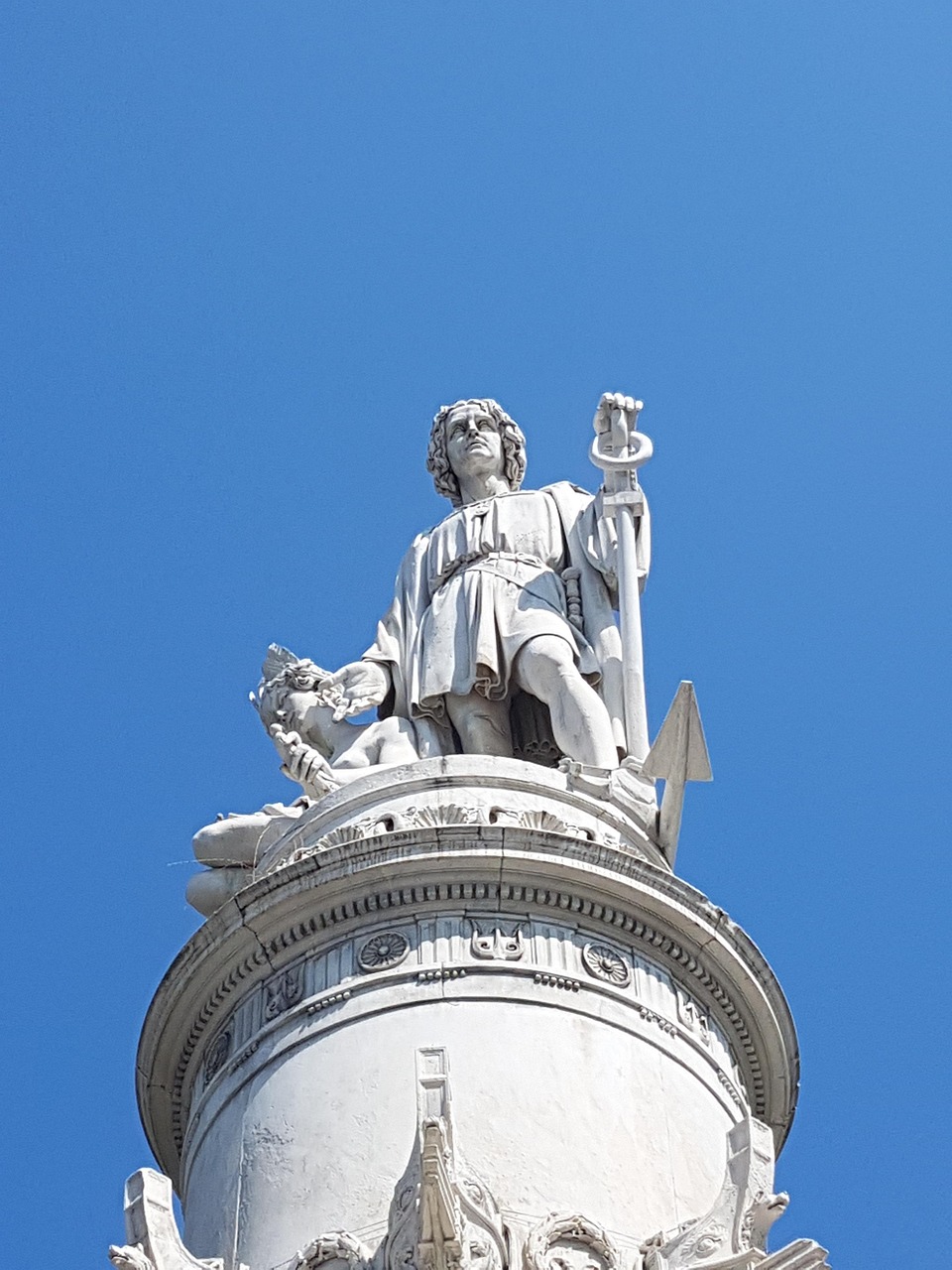Have you ever wondered if the world as we know it was shaped by careful planning or just a happy accident? The truth might surprise you. From life-saving medicines to world-changing inventions, sometimes history takes a wild turn simply because of pure dumb luck. These moments of chance have changed millions of lives, rewritten nations’ destinies, and left us all marveling at the unpredictable nature of fate. Here are ten unforgettable instances where luck, rather than logic, truly changed the course of history.
The Discovery of Penicillin

Imagine leaving your messy workbench untouched for weeks, only to return and save millions of lives because of it. That’s exactly what happened to Alexander Fleming in 1928. He left a petri dish containing Staphylococcus bacteria uncovered while he went on vacation. When he came back, he noticed that mold had grown, and surprisingly, the bacteria around it had been destroyed. Fleming realized the mold produced a substance capable of killing harmful bacteria, and this accidental discovery became known as penicillin. Had Fleming been tidier or more careful, this world-changing antibiotic might never have been found when it was. The era of antibiotics began with a bit of carelessness and a whole lot of luck.
The Invention of the Microwave Oven

Percy Spencer wasn’t trying to change the way we cook dinner—he was working on radar technology during World War II. One day in 1945, he noticed that the chocolate bar in his pocket had melted while he was standing near a magnetron, a component used in radar sets. Instead of brushing it off, Spencer got curious. He tried popping popcorn with the same device, and it worked. This simple, accidental observation led to the invention of the microwave oven. Today, it’s hard to imagine a home without one, all because of a melted snack and a little bit of curiosity.
The Fall of the Berlin Wall

The world watched in awe as the Berlin Wall crumbled in 1989, signaling the end of decades of Cold War division. But the fall wasn’t the result of a carefully coordinated plan—it was triggered by a simple mistake. During a live press conference, an East German official was asked when new travel regulations would take effect. Flustered and unsure, he announced that the border was open “immediately.” Crowds rushed to the wall, and overwhelmed border guards, lacking clear orders, let them through. What was meant to be a gradual change turned into one of the most powerful moments of the century, all sparked by a slip of the tongue.
The Sinking of the Titanic

The tragic sinking of the Titanic in 1912 has become a symbol of human hubris and misfortune. But luck played a chilling role in the disaster. The ship was sailing at high speed through icy waters when it struck an iceberg. Had the crew received the iceberg warnings in time, or had the ship been moving just a bit slower, disaster might have been averted. In another twist, the Titanic’s lookouts did not have binoculars, as the key was lost before departure. These strokes of bad luck combined to create one of the most infamous tragedies in maritime history, prompting sweeping changes in safety regulations around the world.
The Invention of Velcro

Sometimes, annoyance leads to innovation. In 1941, Swiss engineer George de Mestral went for a walk in the Alps and returned covered in pesky burrs. Instead of just picking them off, he looked at them under a microscope and saw how their tiny hooks latched onto loops in his clothes. This accidental observation inspired him to invent Velcro, a hook-and-loop fastener that would go on to change everything from fashion to aerospace. What began as a nuisance became a billion-dollar idea, all because de Mestral was curious enough to investigate nature’s own “fastener.”
The Creation of Coca-Cola

Coca-Cola was never meant to be a soft drink enjoyed around the globe. In 1886, John Pemberton, a pharmacist, was trying to create a medicinal tonic to help with headaches and nervousness. His assistant accidentally mixed the syrup with carbonated water instead of plain water, creating the fizzy drink we know today. Pemberton’s bookkeeper, Frank Robinson, gave it the catchy name “Coca-Cola” and designed its famous logo. The drink’s popularity exploded, turning a simple pharmacy mistake into one of the most recognized brands in the world.
The Discovery of America

Christopher Columbus set sail in 1492, not to discover a new continent, but to find a shortcut to Asia. Instead, he landed in what is now the Bahamas, completely by accident. Columbus believed he had reached the East Indies, but luck had brought him to an entirely “new world.” This miscalculation opened the door for European exploration and colonization of the Americas, altering the course of world history forever. If not for a navigational error, the story of the Americas could have unfolded very differently.
The Invention of Post-it Notes

In the 1970s, Spencer Silver, a scientist at 3M, was trying to create a super-strong adhesive. Instead, he ended up with a weak, reusable glue that didn’t seem useful at first. For years, his invention sat unused until his colleague Art Fry found it perfect for keeping bookmarks in his hymnal without damaging the pages. This stroke of luck turned a failed experiment into the bright sticky notes that now cover desks and walls everywhere. Post-it Notes are a daily reminder that sometimes, the best ideas come from unexpected failures.
The Development of the Internet

The Internet, which connects billions today, wasn’t born from a single grand vision. In the 1960s, the U.S. Department of Defense funded a project called ARPANET to create a communication network that could withstand a nuclear attack. When the engineers decided to use packet-switching technology—originally not the main plan—it allowed for easier expansion and flexibility. This lucky technical choice made it possible for the Internet to grow and flourish. The world as we know it today, with instant communication and endless information, owes much to a fortunate decision made decades ago.
The Discovery of X-Rays

Wilhelm Conrad Röntgen’s discovery of X-rays in 1895 was a complete accident. He was experimenting with cathode ray tubes in his lab when he noticed that a fluorescent screen began to glow, even though it was shielded from the direct rays. Röntgen realized that an invisible ray was passing through solid objects and causing the screen to light up. This chance discovery revolutionized medicine by allowing doctors to see inside the human body without surgery. The power of X-rays was unleashed because Röntgen was observant when something unexpected happened.
Each of these moments shows that sometimes, history isn’t written by grand designs or careful planning. Instead, it’s shaped by moments of pure, dumb luck that nobody could have predicted.


